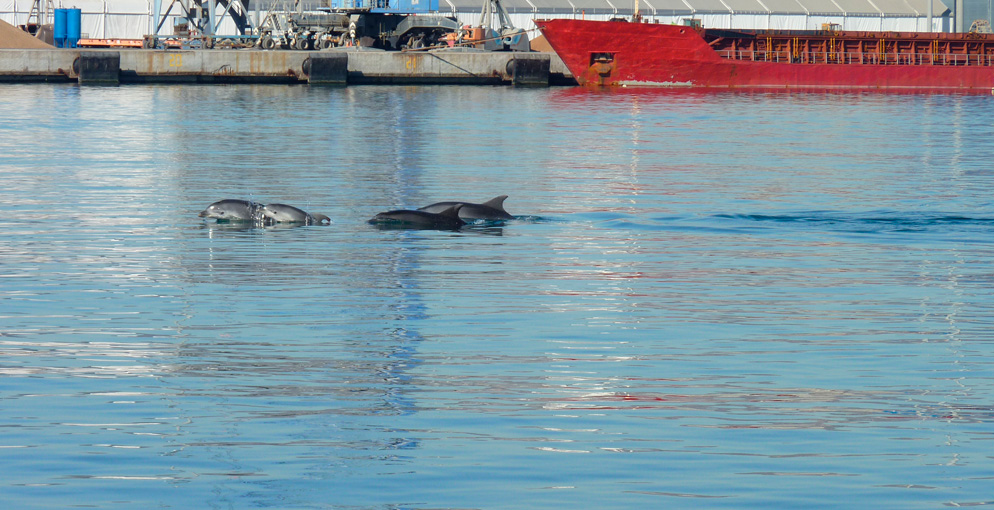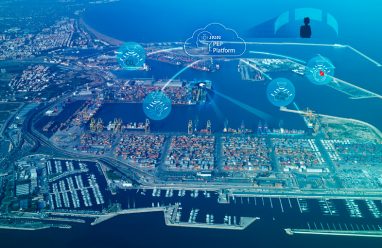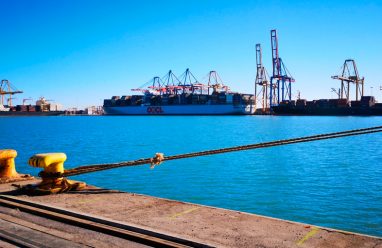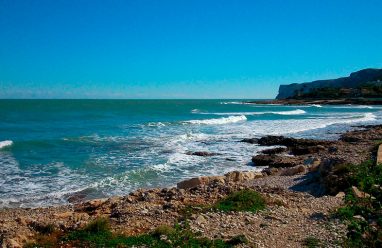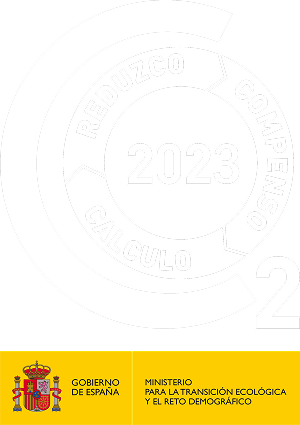The port and maritime industry are at the centre stage of the current climate change debate given the high greenhouse gas (GHG) emissions that the sector generates worldwide. While the entire transport industry needs to reduce its carbon footprint, the maritime and port sector has attracted attention because the GHG emissions generated are not covered under the United Nations Framework Convention on Climate Change (UNFCCC).
The timing is right for launching a deep demonstrator addressing the port and maritime sector as the industry is not covered under the UNFCCC and the Initial International Maritime Organisation’s Strategy on reduction of GHG emissions from ships (adopted last April 2018) has marked a very long term deadline: 2050 for the shipping sector to reduce GHG emissions by 50% in comparison to the 2008 base level.
Involving problem owners who are prominent figures in the maritime-port sector and who can lead the way to carbon neutrality at a much earlier deadline (i.e. 2030) becomes crucial for the majority of the sector to follow these early adopters of innovative strategies and for the industry to reduce significantly GHG emissions at a much earlier date than in 2050.
The goal of this Deep Demo is to prove that even the largest port in the Mediterranean: the Port of Valencia, can achieve zero net emissions in 2030 by defining a thorough action plan, investing in innovation together with the C-KIC community, carrying out deployment projects and incentivising corporate behavioural change and investments by prominent members of the Valenciaport cluster.
The final output of this co-desing process, the three-year Deep Demonstration Roadmap, will include a portfolio of radical experiments that will be inter-linked in order to work on the port-maritime cluster as a system. The levers of change that will be addressed are innovation in technology, policy, regulation, corporate and individual behavioural changes, capacity building and entrepreneurship.

